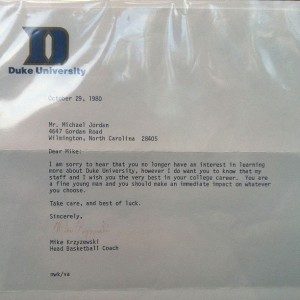You know what I’ve learned in 20 years of being in HR? It’s really hard to find a CEO that is worth a damn! Really hard!
To find a CEO who is willing to make tough calls, difficult changes and push an organization outside it’s comfort zone without caving to the pressure of the previous culture. A CEO who is unrelenting in their beliefs of what it is going to take to make a difference for the organization they work for. A CEO that demands better.
All you Yahoo haters – or should I say Marissa Mayer haters – can suck it!
Mayer was criticized publicly by almost everyone for wanting to hire better – from The Star:
Yahoo Inc. chief executive Marissa Mayer was asked at an all-staff meeting several weeks ago whether her rigorous hiring practices had caused the company to miss out on top engineering talent in Silicon Valley’s hyper-competitive job market.
Mayer dismissed the complaint that she had refused good candidates because they did not have degrees from prestigious universities, and instead she challenged her staff to get better at recruiting, according to an employee who was at the meeting.
“Why can’t we just be good at hiring?” Mayer said
Mayer didn’t say – “I only want engineering talent if they come from prestigious universities”, what she said was “I only want great engineering talent AND I want them from prestigious universities”. She is raising the bar at Yahoo in terms of hires. Which will raise the bar in performance at Yahoo.
Look, I hear you haters that believe you can find great talent at ‘B’ level schools and even great talent that didn’t even go to college! I get it – I don’t disagree with you. But when you’re trying to build a world class organization and culture – you need to draw some lines in the sand. You need a vision. You need, at some point, to be ‘exclusive’ – not ‘inclusive’. To turn around an organizations culture, you need clear marching orders. This is exactly what Mayer has done. Which is very similar to other great leaders of our time. I’m not saying Mayer is a great leader – but she is following a pattern of behavior which follows many great leaders of our generation. Great talent, with a clear vision, will help you get better.
I find it comical that anyone would ever criticize a CEO for sharing a vision of wanting to hire and attract world class talent from some of the best universities in the world. Who truly believes that is a bad plan? While it might not the plan you’ve chosen for your organization – I love the fact that Mayer is willing to come out and publicly state what Yahoo’s recruitment direction will be – it puts the entire organization on notice. Kudos.
What say you Mayer haters? Let me have it in the comments.

